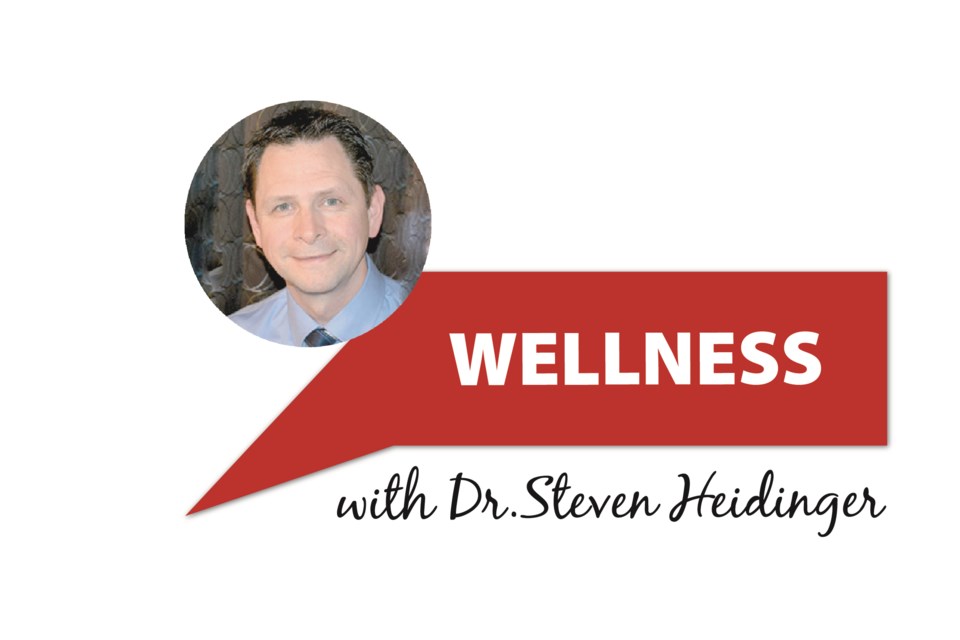With dismay and disappointment, I learned that Moose Jaw city council recently agreed with city administration’s recommendation to deny a local mental health and addiction workers’ request to waive fees for their clients to access an exercise program at the city’s YaraCentre. With the local YMCA closure (where exercise programs were provided free of charge for these clients) and no source of subsidized funding, many at-risk mental health patients are in a position where much needed exercise programming will not be available.
As I am getting older, my political philosophies are changing, and I understand more the importance of looking after the less fortunate in our society. I am a firm believer that a chain is only as strong as its weakest link, and society is no different.
Health Canada lists 12 social and economic influences on health, only a few of which are supported by tax-payer money. While Canadians have “free” access to many health services, rarely do we see subsidies for preventative, wellness programs. We have a federal government who removed tax credits for families with kids in sports soon after they were elected and are whispering the idea of a national pharma care program so all Canadians can get most medications for free. In other words, there is no public money to try and keep people off drugs, but plenty of money to give them drugs once they become diabetic, have high blood pressure, heart disease or develop mental illness.
There is no arguing that exercise can greatly improve mental health, even in clinically diagnosed cases. Our city council cannot and does not deny that. The question is really, who should pay for subsidy of exercise programs for the less fortunate if they cannot afford it themselves? The federal liberals have already shown their attitude for helping Canadians better afford exercise programs.
One council member figures that waiving the fees would cost tax payers approximately $14,000. I suspect the city wouldn’t get this money anyway as it is possible that these individuals could not join due to financial constraints. With the number of households in Moose Jaw, my math figures the subsidy would cost tax payers a buck and a half…less than a cup of coffee.
In a related situation in Iceland, the local government for the major city of Reykjavik, subsidizes a program that ensures every child has access to a sport or music program. This is the equivalent of $650 Canadian per Icelandic child. Now there is a government that prioritizes health equity in weaker populations. The results of their program are priceless.
Whether it is youth, seniors, low income, those with physical disabilities or mental health challenges, we need to reduce our health inequities. The question is, which level of government is going to step up?
The views and opinions expressed in this article are those of the author, and do not necessarily reflect the position of this publication.



